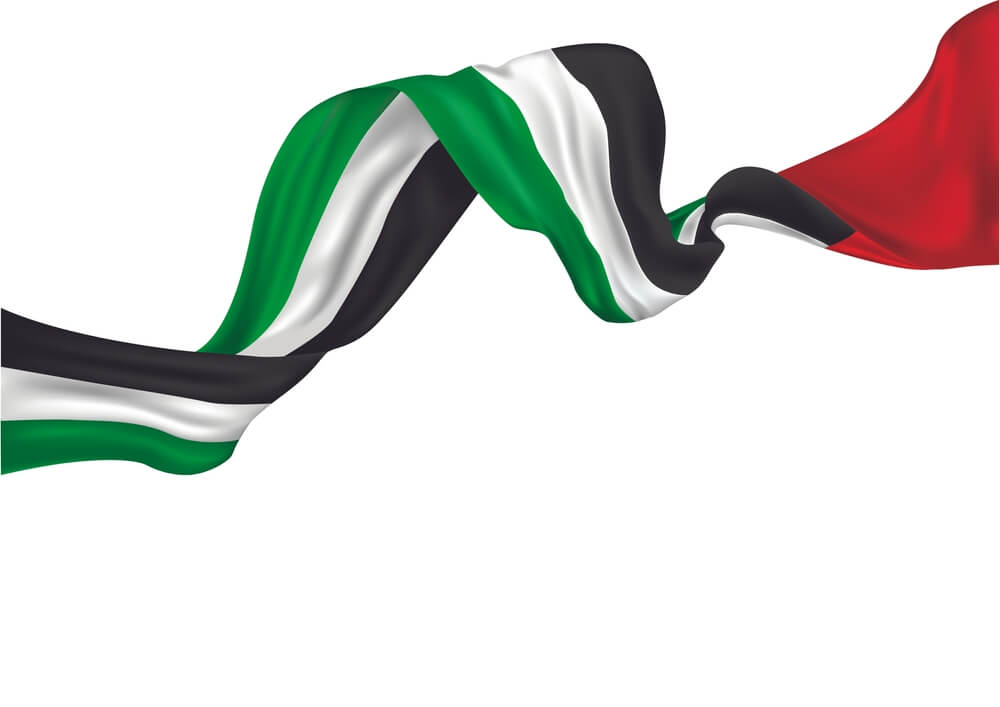The Securities and Commodities Authority in UAE has announced that it will start accepting licensing applications from virtual asset service providers.
The move is in line with the cabinet resolution number 111 of 2022, which regulates virtual assets and aims to create an attractive environment for global companies and institutions operating in the virtual asset sector.
According to the SCA, all VASPs operating in the country must submit an application and obtain a license from the regulator, with the exception of those already licensed in the country’s financial free zones.
Digital asset companies operating within the emirate of Dubai, on the other hand, must comply with its own financial regulator, the virtual asset services authority (VARA), and apply for and obtain a license from VARA.
The resolution’s aim is to protect investors’ funds in virtual assets from illegal practices. The SCA announced that its provisions apply to all transactions related to virtual assets for investment purposes, including the non-financial free zones in the country.
However, the regulator has specified that its provisions do not apply to virtual assets that are used for payment purposes, as they are subject to the jurisdiction of the Central Bank.
UAE-based blockchain lawyer Irina Heaver explained that failure to comply with the new law could result in financial fines of up to 10 million AED ($2.7 million), disgorgement of profits, and criminal investigation by the public prosecutor.
The move by the UAE’s regulatory agency is in line with other countries’ regulatory frameworks for virtual assets. For example, the Financial Conduct Authority (FCA) of the United Kingdom requires crypto asset businesses to be registered with it and to comply with anti-money laundering regulations.
The United States Securities and Exchange Commission (SEC) has also been active in regulating the virtual asset market, recently announcing a $10 million settlement with a decentralized finance (DeFi) platform for allegedly selling unregistered securities.
The global regulatory trend towards virtual assets reflects the growing acceptance of cryptocurrencies and other virtual assets as legitimate investment vehicles.
The global cryptocurrency market has grown rapidly in recent years, reaching a market capitalization of over $2 trillion in 2021. The trend is expected to continue as more investors seek to diversify their portfolios and take advantage of the benefits of blockchain technology.
UAE Opens VASP Applications
In conclusion, the UAE’s move to regulate virtual assets is a welcome development that will help protect investors and provide a clear regulatory framework for virtual asset service providers. The move is in line with global trends towards virtual asset regulation and reflects the growing acceptance of cryptocurrencies and other virtual assets as legitimate investment vehicles.
